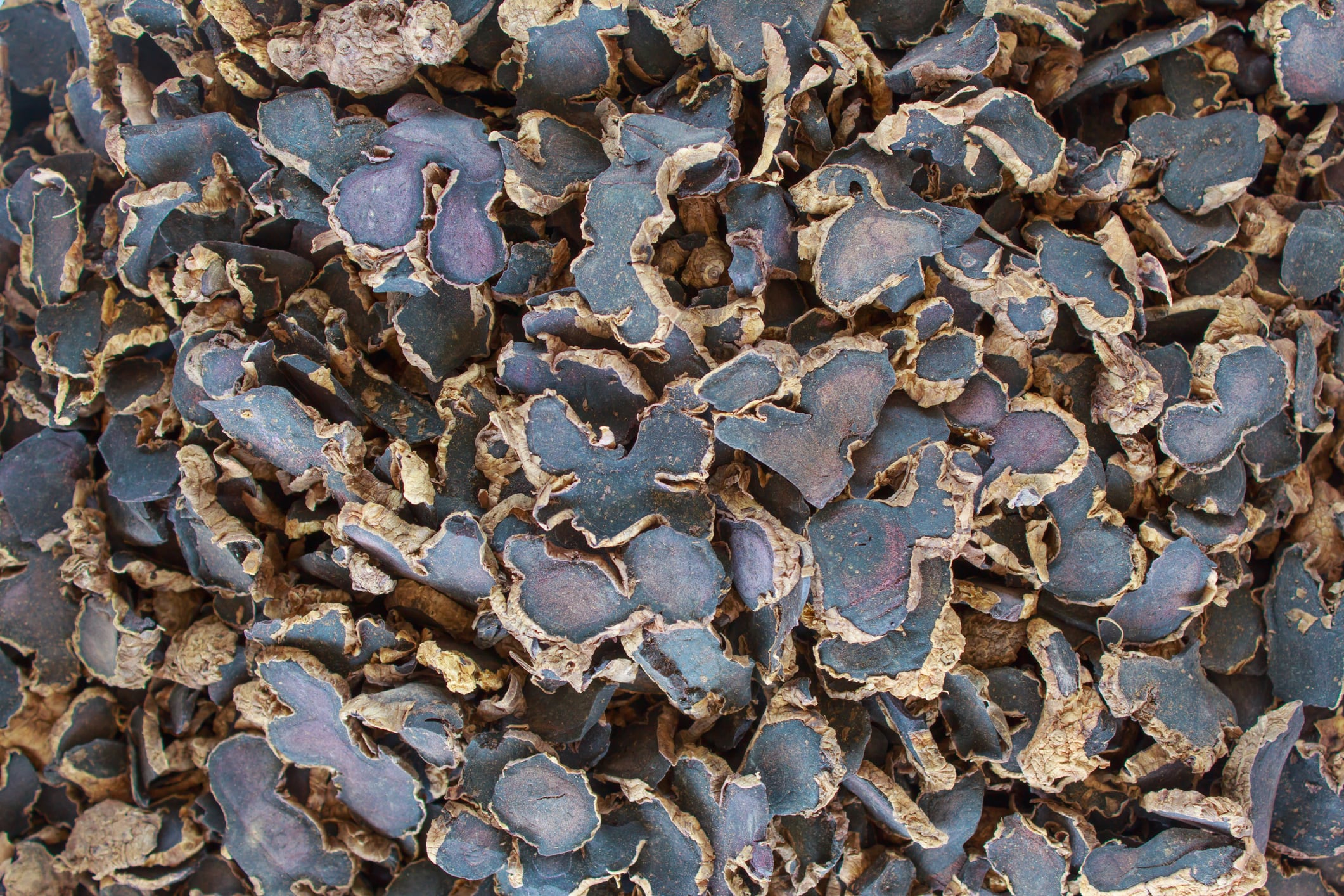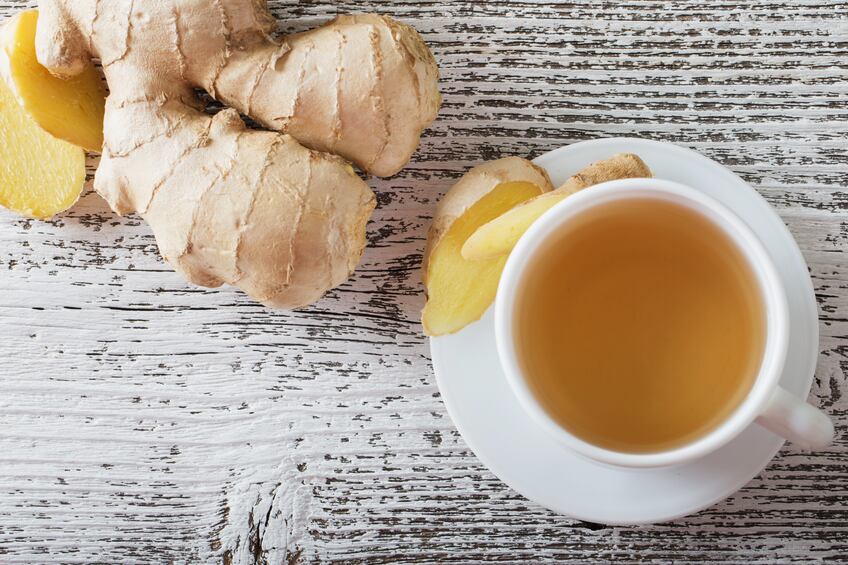Twelve weeks of supplementation with the Kaempferia parviflora extract, which is commercialized under the brand name Sirtmax, was associated with body fat mass reductions specifically in the trunk, android, and gynoid areas, according to findings published in Frontiers in Nutrition.
“These findings suggest that KP extract (Sirtmax) may serve as a safe and effective functional ingredient for body fat reduction and obesity management,” wrote researchers from Dongguk University (Korea), Daehan Chemtech Co. (Korea), Tokiwa Phytochemical Co. (Japan), and Semyung University (Korea).
“Future long-term studies are needed to confirm sustained efficacy, assess preservation of muscle mass, and explore metabolic benefits across diverse populations.”
Sirtmax
Derived from the rhizome of black ginger (Kaempferia parviflora), Sirtmax has been commercialized by Japan-based Tokiwa phytochemical Co., Ltd.. The ingredient is distributed in North America by Maypro.
Rich in polymethoxyflavonoids, Sirtmax is reported to activate SIRT1, also known as the “longevity gene,” with other trials showing benefits for skin quality, blood sugar management and improvements in vascular age.
The new study adds to the purported anti-obesity effects of the extract.
Study details
The researchers recruited 108 overweight and mildly obese Korean adults and randomly assigned them to receive either the Kaempferia parviflora extract (50 mg per day) or placebo for 12 weeks. Body fat mass and body fat percentage changes were assessed using dual-energy X-ray absorptiometry (DEXA).
Data from the 83 people who completed the study indicated that body fat mass decreased by an average of 337 grams (11.9 oz) in the Sirtmax group, compared to an average increase of 304 grams (10.7 oz) in the control group over 12 weeks.
In addition, significant reductions in visceral fat area in the abdomen were also recorded in the Sirtmax group, compared to increases in the control group.
No significant differences between the groups were recorded for in waist and hip circumference.
On the other hand, both groups experienced decreases in lean body mass (muscle). The researchers noted that participants maintained their usual diet and activity patterns.
“The phenomenon of simultaneous decrease in body fat mass and lean body mass can be interpreted in the context of various dietary methods or exercise programs. It is commonly suggested that the combination of resistance training, a calorie restriction diet, and high-protein diet can preserve or slightly increase lean body mass while reducing body fat,” they wrote. “Therefore, to effectively reduce body fat, while preserving muscle mass among lean body mass when losing weight, appropriate exercise and nutritional intake should be accompanied by appropriate body fat-reducing treatments.”
The researchers also reported that no serious safety concerns were recorded during the trial, and Sirtmax was well tolerated.
“Although KP extract (SIRTMAX) significantly reduced body fat mass and body weight, no concurrent improvements were observed in lipid parameters such as cholesterol, triglycerides, LDL, or HDL levels,” wrote the researchers.
“Therefore, while the reduction in visceral fat may suggest potential metabolic benefits, further studies are needed to determine whether KP intake leads to clinically meaningful improvements in cardiovascular or metabolic health markers.”
Source: Frontiers in Nutrition, 2025, Volume 12, doi: 10.3389/fnut.2025.1576024, “Kaempferia parviflora Extract (SIRTMAX) reduces body fat in adults who are overweight: a 12-week randomized, double-blind, placebo-controlled trial” Authors: Hyun Kyung Sung et al.




